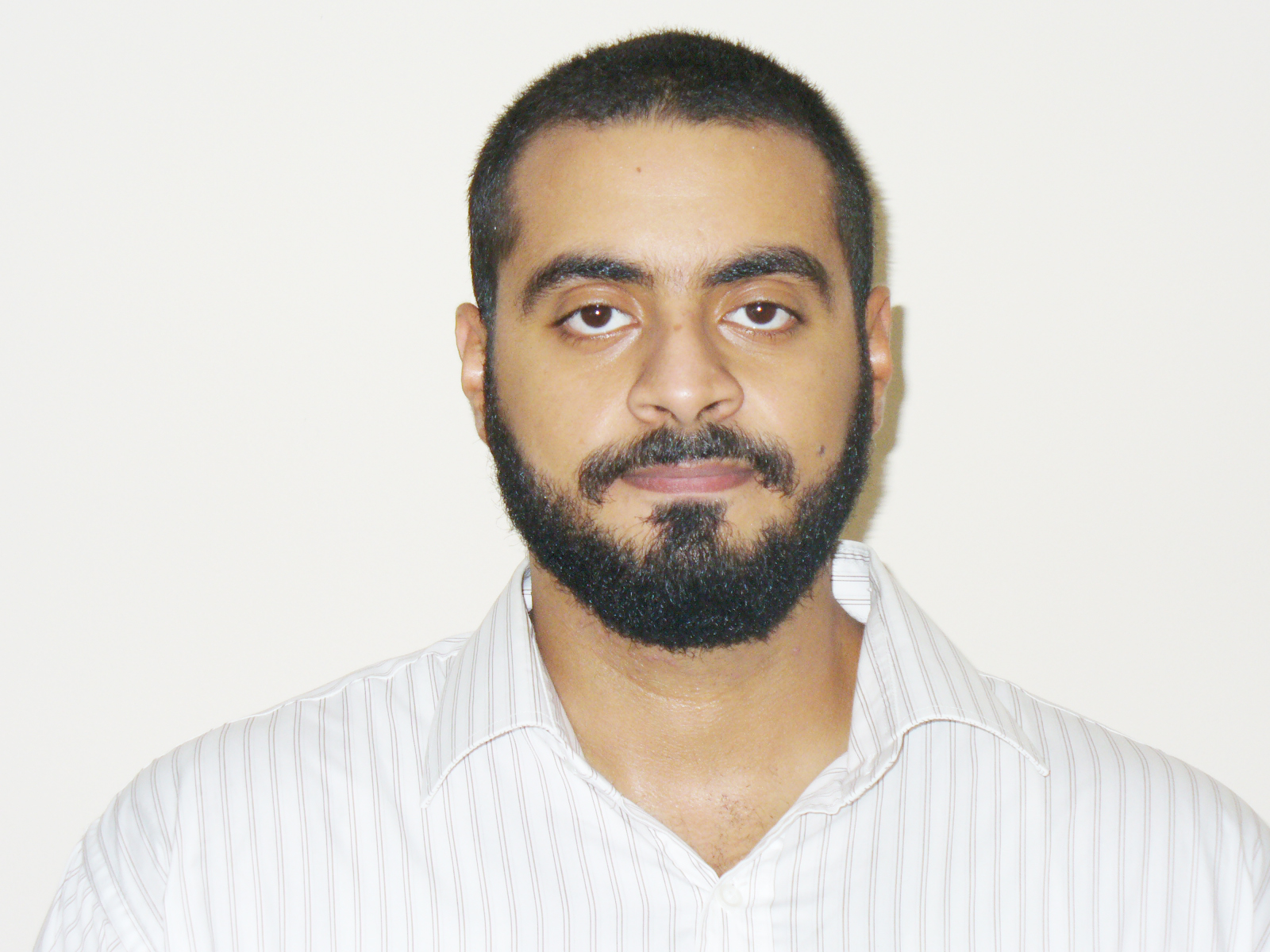
President Morsy certainly took Egypt and world by surprise by sacking the heads of SCAF. Utter and sheer joys were expressed in Tahrir as Egyptians filled the square to support the latest decisions of their recently elected president.
While many used to compare Egypt to Turkey decades ago, Morsy did in a matter of days what took Erdogan years. Morsy’s strike was indeed powerful and perhaps marks the beginning of the end of the previous regime. The consequences are not cosmetic and the horizons of achieving goals of the revolution are closer than ever.
Morsy has done quite a smart job, by depersonalising his decisions. From the very start of assuming his role, he co-opted old regime remnants whenever possible to avoid their potential blow back by assigning them as consultants to the President, or just having them retired without being held account for possible corruption or crime.
Morsy’s cancelation of the constitutional decree mandated by SCAF has lifted Egypt from a legal state of authoritarianism. In the short run however, it creates different possibilities on the details of the political landscape of Egypt. How the Parliament will continue to function, whether there will be new elections or the previous Parliament will resume its work. Furthermore will the Government remain the same with its fairly non-representative composition? Or will it change? How the cancelation will play on the constitution is also unclear. Will Morsi’s moves overall encourage Islamists to be more ambitious? Soon Egypt will be able to find out. For the region it is a major victory for the Arab spring and generally lives up to the aspirations of those who stood behind it.
Morsy’s latest moves will have deeply embedded structural transformation on Egypt’s domestic politics and to a lesser extent its foreign policy. The sacking of SCAF heads will certainly allow Morsy a wider array of options than when previously constricted by Mubarak’s cronies. For example, Morsy can now act towards Sinai with policies that reflect a truer perception of Egypt’s national interest, one that breaks away from Mubarak’s policies.
Under SCAF, Sinai could have turned into a disaster especially with security talks being held between Egypt and the US where US official stated the possibility of using spy drones, as leaked by the New York Times. Who knows how that can escalate, and looking at Pakistan which stands helpless against US drone strikes despite condemning them, that have so far killed 3000 civilians, as mentioned in a recent interview by Al-Jazeera (English) with the Minister of Foreign Relations of Pakistan, it is a prospect of which to be very wary. Nonetheless, this was before Morsy’s brazen decision. Sinai turning into a rogue region with constant military and perhaps unnecessary operations, seems now to be much more farfetched. This is not to give Morsy an early applaud on how he (or whoever really) is dealing with the crisis on the peninsula. It is still too early to be evaluated.
With the military under presidential control, Morsy can exercise a foreign policy more in line with his expectations and desires and not an internally-negotiated compromise with SCAF to produce the final outcome. This will mean that Morsy will continue to foster and support the Gaza strip and by default Hamas.
It should not be surprising that Morsy emphasised in his speech right after the decisions were announced, that “Egypt’s message is that of peace to the world” to reassure SCAF’s previous commitments.
Internally, Egypt can now seriously start breaking down the old regime, the biggest obstacle to it (SCAF) doesn’t seem like it will stand in the way of revolutionary desires.
The next step likely to take place will be the cleansing of Mubrak’s cronies from the judiciary system. There are already a few law suits against members of the Constitutional Court, and after all, the new Vice President Muhammad Mekki is from the judiciary system and was the first deputy head of Cassation Court, which is known to be more independent from the old regime. Mekki also happens to be the younger brother of the current Minister of Justice who was not welcomed by pro-Mubarak Judges.
All that which was pro-Mubarak is very likely to gradually fade away, by either embracing change or being marginalised by it. The path to development has certainly become shortened by Morsy’s historic decisions that have unshackled Egypt from decades of military rule.
